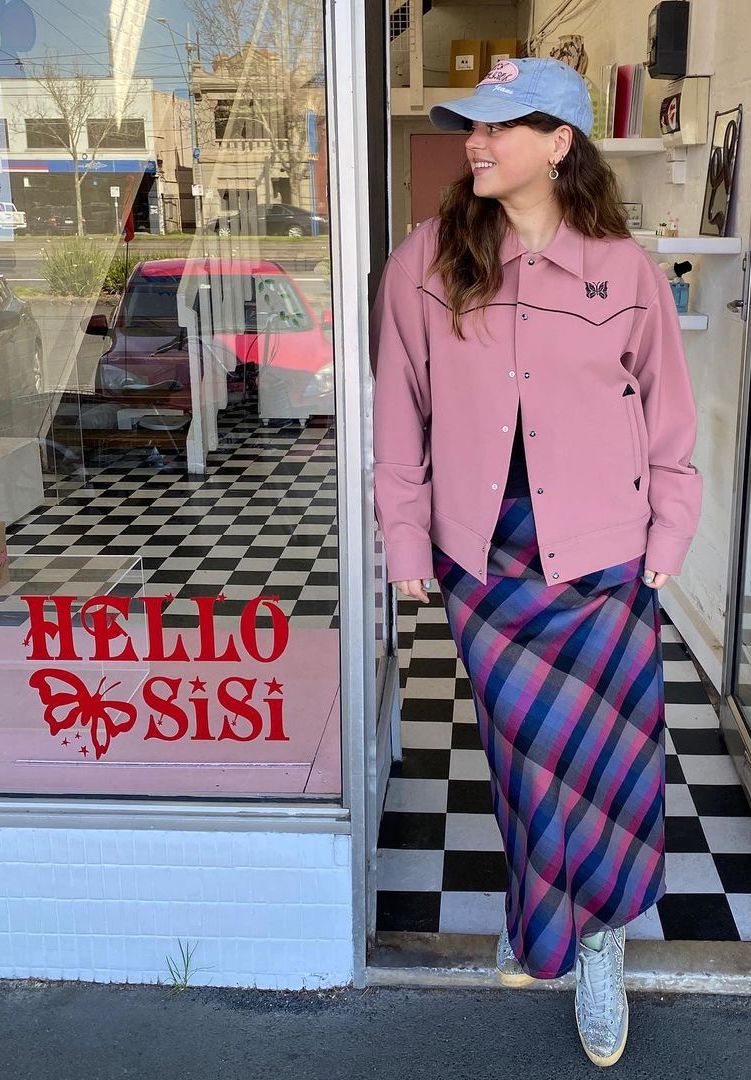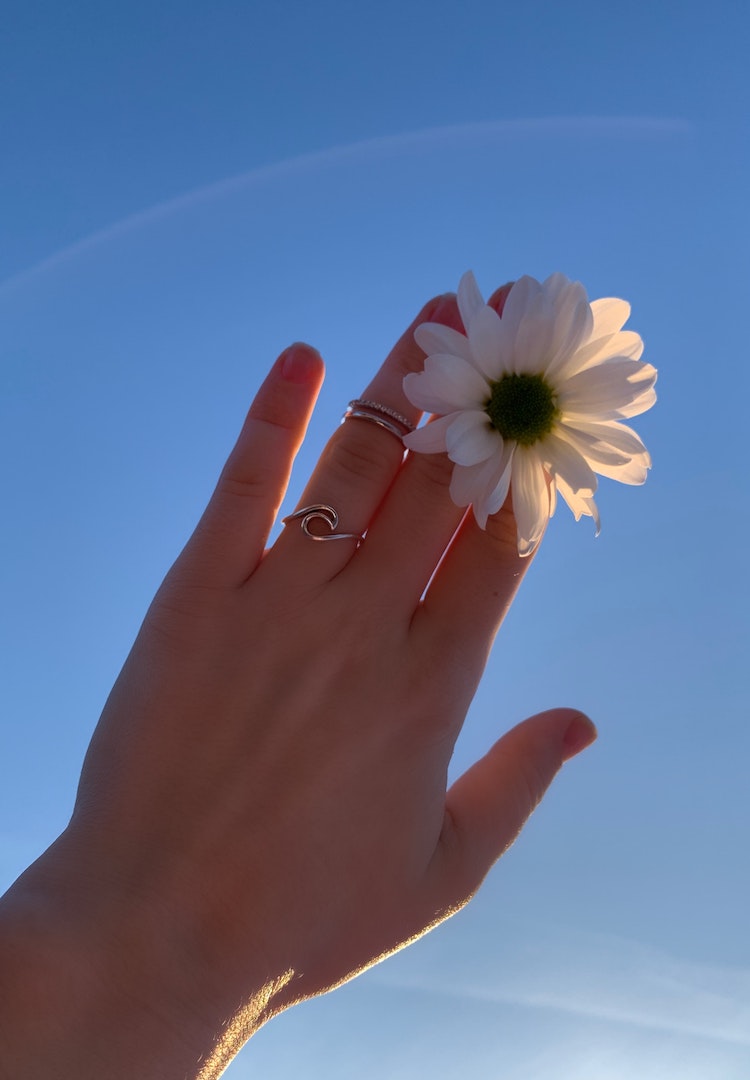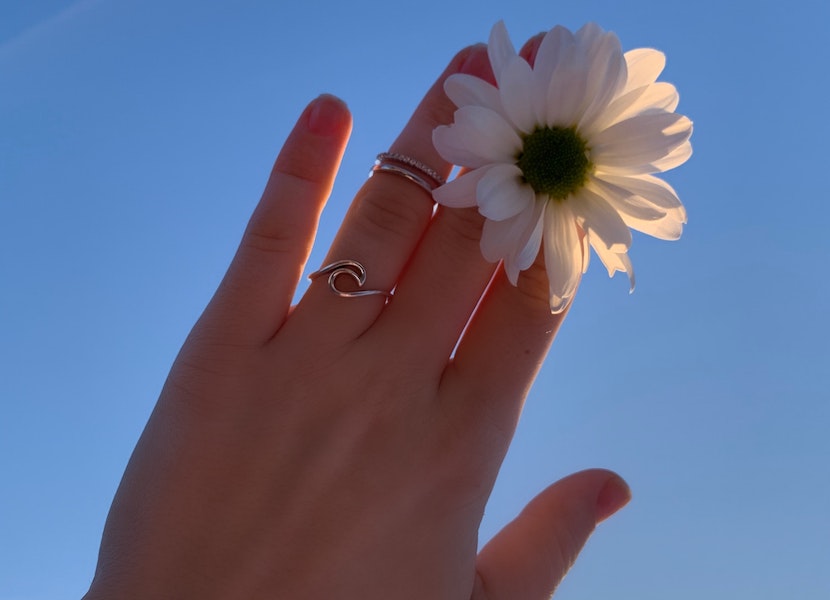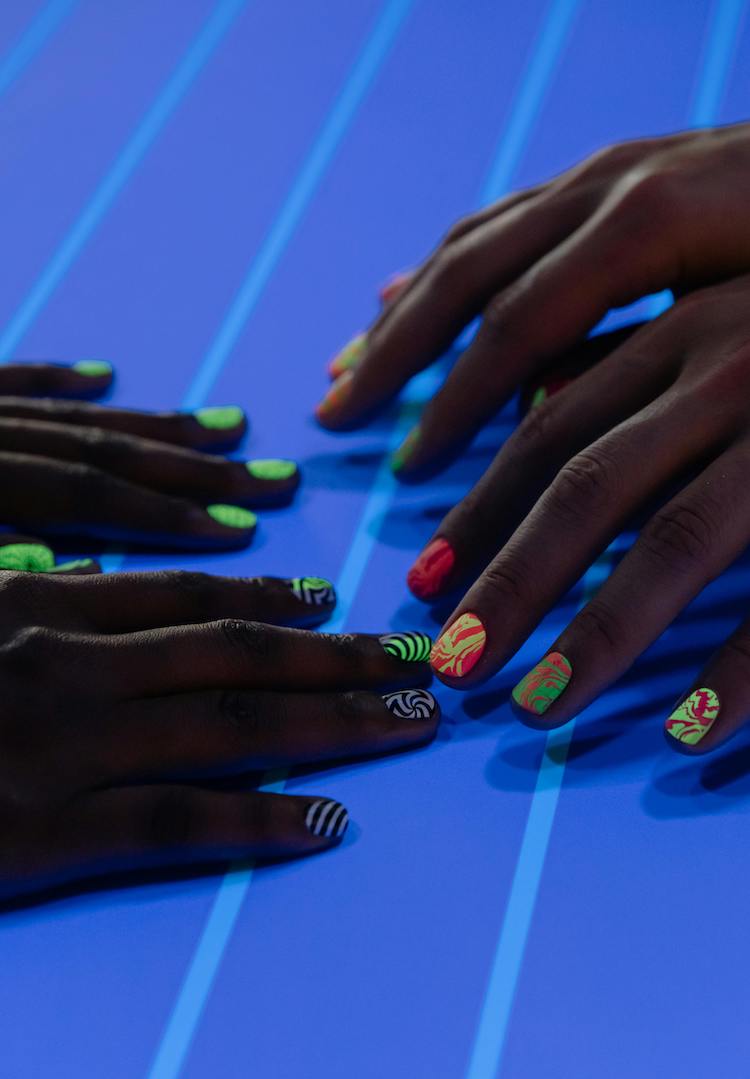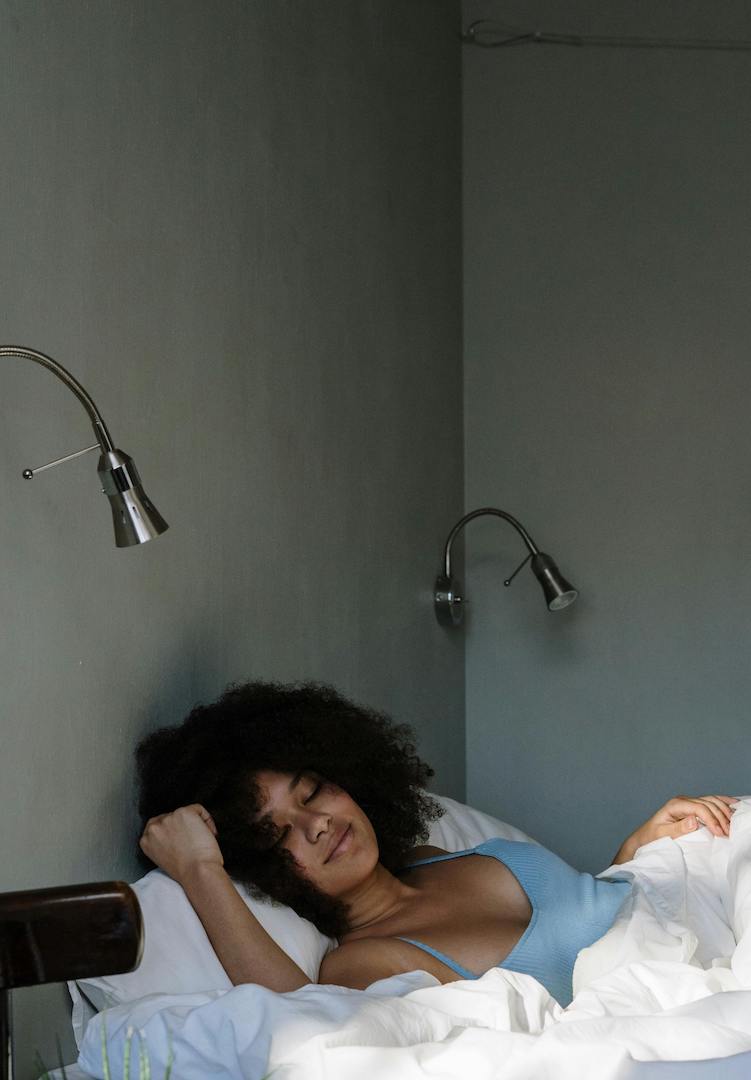Why I wouldn’t change having borderline personality disorder
Words by Asheda Weekes
“BPD makes me hyper-empathic, perceptive and resilient.”
When I mention to anyone I have borderline personality disorder (BPD), they do a little pause, nod… and squint. “What is that?” they say, with a sprinkle of surprise in their eyes. Often it gets confused with bipolar, schizophrenia or a kind of dissociative disorder.
Unlike anxiety and depression which people can get a gauge for, BPD isn’t so familiar. This difficult diagnosis has symptomatic cross-over with the two and is characterised as someone who has unstable moods, behaviour and relationships. This presents as emotional instability, feelings of worthlessness, insecurity, impulsivity and impaired social relationships. A really nice and vague summary, unfortunately.
For more content like this, tap through to our Life section.
Living with BPD, I feel like I am constantly under attack. My brain is on perpetual high-alert, tag-teaming thoughts in and out whilst simultaneously digging rabbit holes in dialectic pathologies and misconstrued statements. I find it hard to sit still, have difficulty with confrontation and love an avoidant nap to tap out of my mind.
This is all underlying the ambitious, animated nature that’s given me the privilege of forming connections with talented people and working in the creative media industry. I’m a sponge for culture, with at face value an eclectic combination of interests. The podcast and Spotify playlists I have on high rotation are a testament to that.
I’ve known about BPD for a long time but never fully understood it. It took a long time to see how it fit in as a vessel for the mental health disorders I’ve experienced in the last decade – clinical depression, multi-anxiety disorder and eating disorders.
When I tell someone about BPD, I describe it as subdued bipolar (not an official term, just something I’ve landed on through my own experiences and comprehension). It’s facing the same, often neutral event as someone else, and experiencing a different feeling, thought and reaction without any distinct cause.
Therapy and facing BPD has allowed me to see my condition as chronic – something to be managed, not fixed. Reshaping my attitude toward this made therapy easier. As a Type A personality I would only see being ‘better’ as not being mentally unwell. I now talk about it as if it were a physical chronic condition (think diabetes) – I keep it conversational.
For years I’ve been fixated on the ‘bad’ things about having BPD. When we talk about poor mental health, we talk about the bad first and how to fix it. But through therapy, I re-directed my thoughts into what the positive traits are too.
BPD makes me hyper-empathic, perceptive, intuitive and resilient. It allows me to develop deep connections quickly and means I am perpetually curious. For me, these traits are valuable. I care (and worry) deeply for the people in my life. I read the room. I want to make others feel comfortable. I love the artistry and passions of people, culture and everyday life.
And it’s all these things that keep me suspended with anxiety, instead of folding into it completely. I don’t over-identify with my BPD, but always have it close to me to critically think about myself, people and the world around me.
If you’re suffering from a mental health disorder, it can be useful to take a step back and see what light it has offered as well. It’s a breath of fresh air that can help through the fog of the low moments and the heat of unbridled anxiety and sadness.
But if that’s difficult to do at the moment, here are some ways I try to cope with my disorder whilst juggling my life as an ambitious and social creative. First of all, take your meds, go to your appointments and get enough sleep. This is a no-brainer. Super practical. Set yourself up for the day ahead with these routine essentials.
What’s the worst that can happen?
Faced with a situation that’s firing up your anxiety? Play the What is the worst that can happen? game to simmer down the catastrophising. Dwindle down sweeping statements until you realise that self-talk isn’t fact, and what you’re experiencing will pass.
Recognise your wins, no matter how small
Raise your hand if you remember most of your little mistakes and big losses. What about your wins? We’re naturally inclined to obsess over the bad. Each event, interaction and thought I have I take on observation of how I handled it.
If you need something a bit more tangible, gratitude journalling does wonders. It doesn’t need to be much. At the end of each day, I open up my Notes app and dot point my big *small* wins, and yes, taking my meds and getting a night of good sleep makes a very regular appearance.
Try unitasking
Multitasking is so last decade. It not only actually takes longer to complete a task, it also means you’re not present in what you’re doing. An overactive mind will make a build-up of tasks overwhelming, so write a list and focus on one at a time. You’ll connect more with what you’re doing, and settle yourself all at once.
Scroll mindfully
Ever just picked up your phone and suddenly you’re mindlessly swiping through Instagram? It happens. When your work and inspiration are found on IG, it’s hard not to. Firstly, put the app in a folder on the last page of your phone. The extra fingerwork will give you time to think. Next, think about purpose. Am I sharing content? Looking for mood board inspo? Researching? Wanting to check in on what my friends are up to? Have I forgotten to reply to that DM? Go in with purpose and you won’t be scrolling two hours later.
Tell your friends
I’m not saying pour your heart out and go into the grit of your experience. But the conversational approach weakens your illness’ power because you’re not trying to obsessively suppress it in social interactions. Plus, it encourages others to open up as well. It’s a win-win for shifting the tone (and conversation) around mental health.
This article was originally published on March 29, 2021.
If you or someone you know is struggling with their mental health, you can contact Lifeline on 13 11 14.

